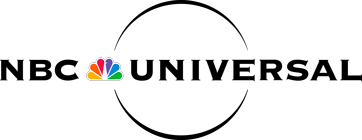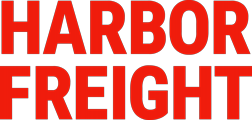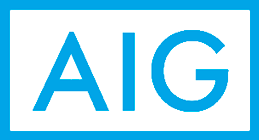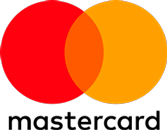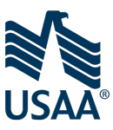Leadership Coaching Overview
In today’s fast-paced marketplace, leaders face increasing demands to excel in communication, strategy execution, and leading change. Leadership coaching provides the tools and confidence to meet these challenges. The Hayes Group International offers a structured, personalized coaching approach to support leaders in developing essential skills and achieving organizational goals.
Coaching Process (Customized to Client Needs)
Establishing the Relationship
- Initial meeting (in-person or virtual) to build rapport and set clear expectations.
- Includes discussions with the coachee’s manager to gain insights.
Assessment and Feedback
- Uses tools like DISC, Leadership Versatility Index 360°, and Job Relations Inventory.
- Involves colleague interviews, workplace observations, and self-assessments.
Personal Development Action Plan
- Establishes short- and long-term goals.
- Incorporates skill development and stretch assignments.
Ongoing Coaching
- Regular sessions (in-person or virtual) focus on progress, obstacles, and successes.
- Includes video-recorded feedback for real-world practice.
Sustainability
- Techniques like peer feedback, transparency, and follow-ups reinforce positive changes and address negative behaviors.
Coaching Engagement Details
- Duration: 6–12 months, based on client needs.
- Certification: Coaches are EECP-certified with 20+ years of experience.
- Fees: Flexible, ranging from session-based to amortized payments.
Who Benefits from Coaching?
Leadership coaching is ideal for individuals who:
- Face increased responsibilities or career transitions.
- Are identified as high-potential talent.
- Seek improved interpersonal, leadership, or cross-cultural skills.
- Lead major organizational changes, such as turnarounds or growth initiatives.
Why Choose Hayes Group Coaching?
- Tailored Approach: Focuses on “tough on problems, gentle with people.”
- Proven Methods: Incorporates proprietary tools like the Belief System™ Motivation Profile and real-world video feedback.
- Sustainability: Emphasizes behavioral reinforcement and perception management.
Coaching vs. Other Roles
Service | Focus | Role |
Counselor | Past issues impacting present challenges. | Leads with questions. |
Consultant | Provides expertise, diagnoses problems, and implements solutions. | Leads with insights. |
Mentor | Shares personal experiences and guides the process. | Guides. |
Coach | Facilitates change through discovery and support. | Empowers and partners. |
Leadership Coaching vs. Life Coaching
- Leadership Coaching: Focuses on professional self-awareness, communication, and leadership growth.
- Life Coaching: Addresses personal goals in areas like relationships, finances, and work-life balance.




